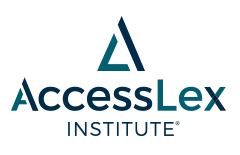Of Old Dogs and New Tricks - Can Law Schools Really Fix Students' Fixed Mindsets?
Document Type
Law Review Article
Publication Date
1-2014
Keywords
educational psychology and metacognition, growth mindset, health and psychological barriers, bar passage
Abstract
Research suggests that a belief in the malleable nature of intelligence allows students to thrive during challenging periods of their lives. In contrast, the belief that intelligence is a fixed attribute leads people to respond to mistakes, confusion, and challenges with negative affect, ineffective strategies, and even cheating and lower performance. This research presents a troubling picture for law schools because law schools likely reinforce a fixed mindset. Because things like confusion and high-stakes challenges trigger maladaptive responses, including decreased performance, in fixed mindset students, this research also presents a troubling picture for graduates sitting for the Bar exam and beginning their law practices.
Although the scientific literature contains numerous studies that have successfully induced short-term changes in mindset, little information exists on how to induce long-term, cognitively-accessible changes in mindset. But, studies that incorporate into their methodology research on changing deeply held beliefs suggest that law schools can not only teach their students to adopt a growth mindset in the short-term, they can teach an enduring shift to the growth mindset.
Part I of this article summarizes the literature on mindsets as it relates to law students and law schools. Part II delves into the research on changing deeply held beliefs. Part III concludes that the steps for inducing a growth mindset in law students proposed by existing legal scholarship will likely induce a shift to the growth mindset that is not sufficiently deeply ingrained to persist over time and control at critical moments. The article then discusses specific methods to foster an enduring, cognitively available shift to the growth mindset. These methods include a series of lessons designed primarily for orientation or a first-year seminar or legal writing class, and an approach to feedback designed to trigger the adaptive responses associated with the growth mindset, which can be used in small and large law school classes and clinical settings.





